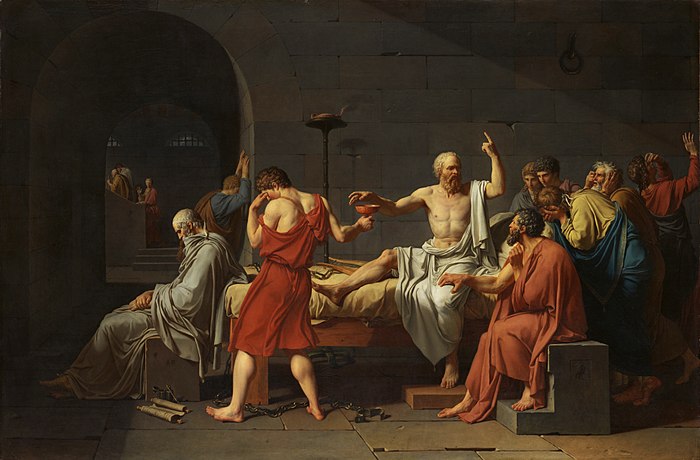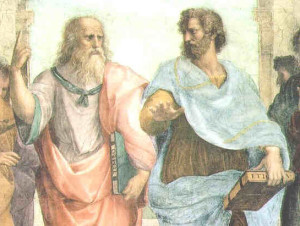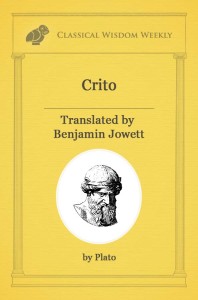 Of course, we can’t be sure which ideas actually belong to Socrates or to Plato. We only know that Crito, the second defense of Socrates, was written after the events took place. Even if Socrates did utter the words contained therein, it was a secondhand account at best. Chronologically though, it follows Socrates’ trial as seen in the Apology and slots in before his final death in Phaedo.
Of course, we can’t be sure which ideas actually belong to Socrates or to Plato. We only know that Crito, the second defense of Socrates, was written after the events took place. Even if Socrates did utter the words contained therein, it was a secondhand account at best. Chronologically though, it follows Socrates’ trial as seen in the Apology and slots in before his final death in Phaedo.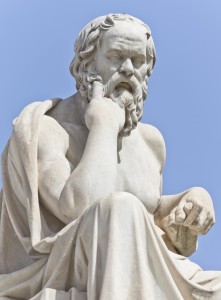 He beseeches: “You appear to me to betray your own sons, who, when it is in your power to rear and educate them, you will abandon, and, so far as you are concerned, they will meet with such a fate as chance brings them, and as is probably, they will meet with such things as orphans are wont to experience in a state of orphanage”.
He beseeches: “You appear to me to betray your own sons, who, when it is in your power to rear and educate them, you will abandon, and, so far as you are concerned, they will meet with such a fate as chance brings them, and as is probably, they will meet with such things as orphans are wont to experience in a state of orphanage”.Socrates the Prophet?
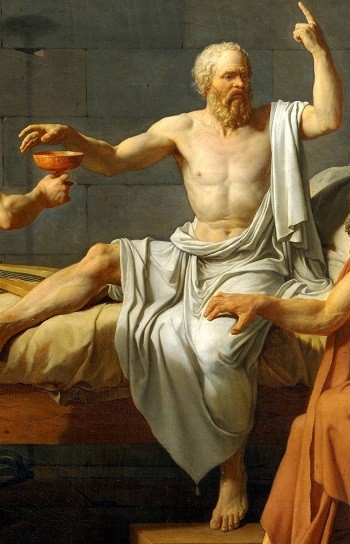 Was Socrates a Prophet?
Was Socrates a Prophet?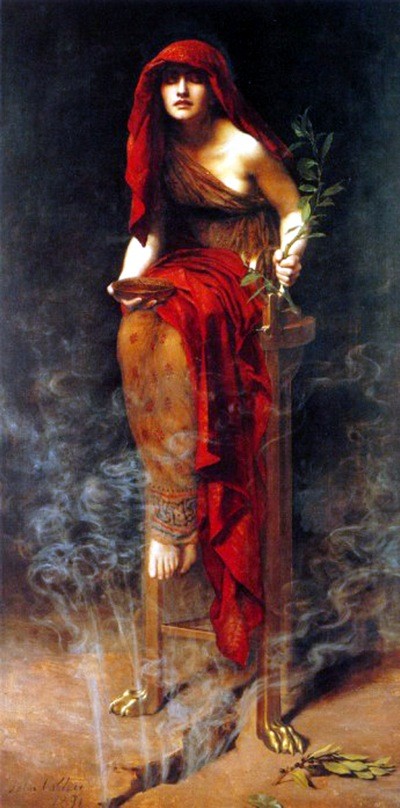 The Oracle of Delphi, by
The Oracle of Delphi, byJohn Collier
And even here, there is some evidence to suggest that Socrates might fit this description.
“Virtue is knowledge”, is Socrates’ great maxim. He who comes to understand the knowledge that underlies his actions will be better for it. By understanding truly the ideas of “Justice”, “Wisdom”, “Virtue”, and so on, we will be better suited to live according to these axioms and improve ourselves and our souls.
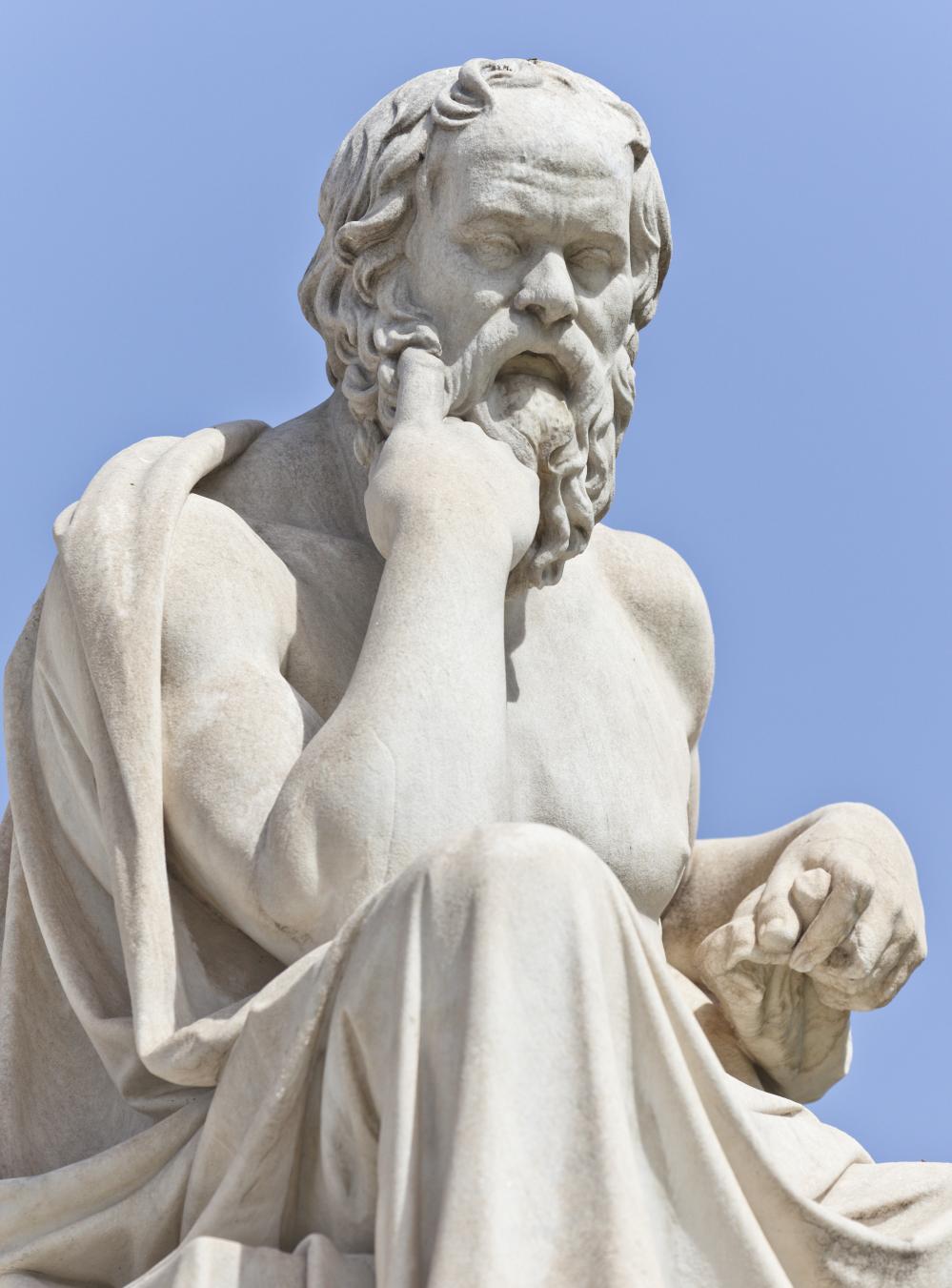
Introducing Plato and the Theaetetus
By Samuel Gren
Contributor from Noet, a Classical Wisdom Weekly partner
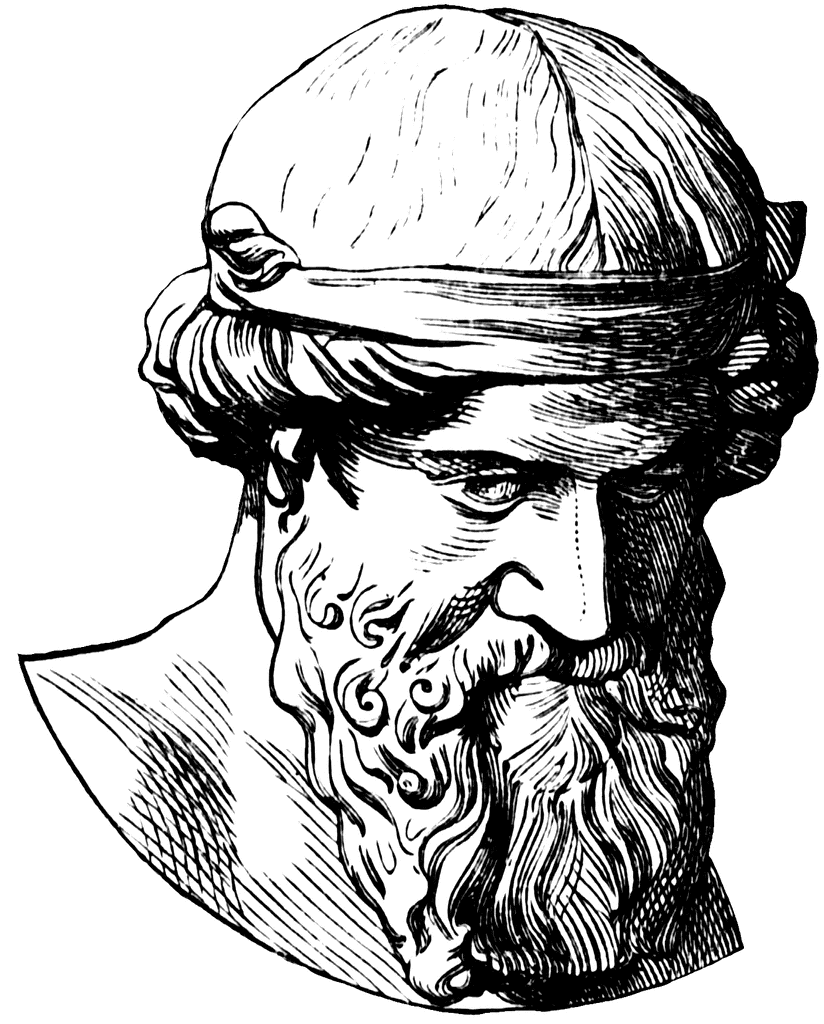 Plato, Author of Theaetetus
Plato, Author of Theaetetus Socrates is a central character in the dialouge and provides the framing question “what is knowledge?”
Socrates is a central character in the dialouge and provides the framing question “what is knowledge?”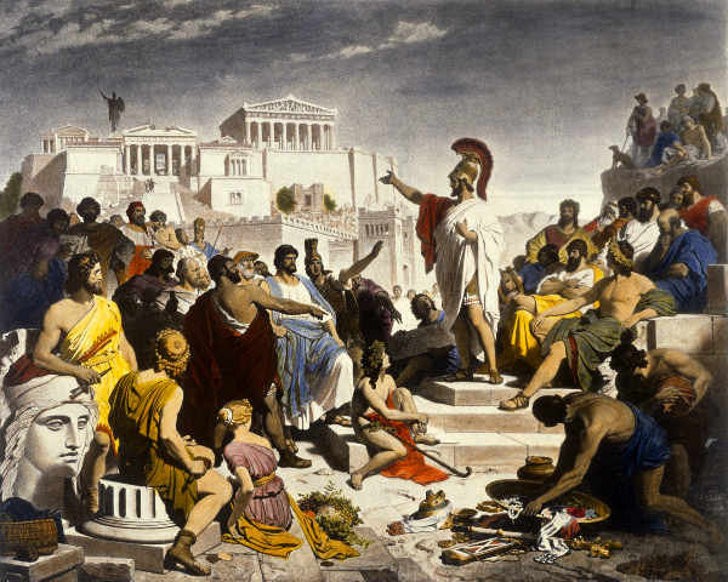 Socrates argues that persuasion through rhetoric is not the same as true knowledge
Socrates argues that persuasion through rhetoric is not the same as true knowledgeConsidered together, these examples show that an account of judgment as knowledge cannot simply appeal to the additional presence of an explanation—there’s more to say.
Socrates and Theaetetus thus conclude that each of these proposals are insufficient. Yet, they maintain that they are wiser for at least having considered each proposal in turn. Socrates bids Theaetetus farewell, but not before asking him to meet the following day to talk further. As we will see later, the conversation is far from over.
The Pitiable Tyrant
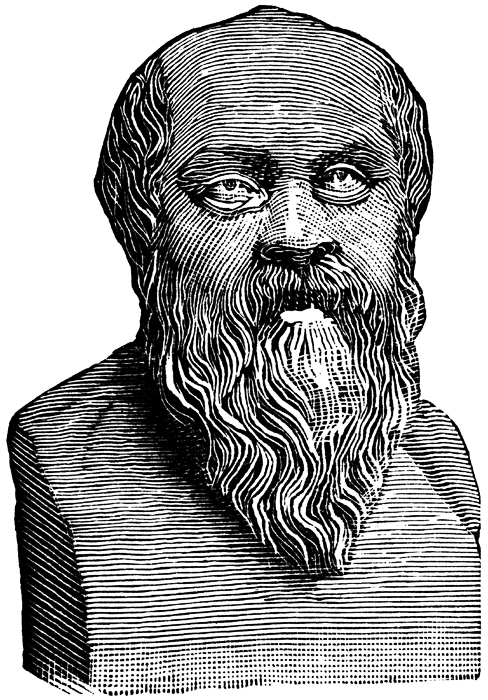 to remind you that we discussed the nature of rhetoric, the morality of rhetoric, and Socrates’ assertion that, without philosophy, rhetoric is merely a form of flattery, a way to entice people to accept a position that is often unjust.
to remind you that we discussed the nature of rhetoric, the morality of rhetoric, and Socrates’ assertion that, without philosophy, rhetoric is merely a form of flattery, a way to entice people to accept a position that is often unjust.
Anyway, when we last left Socrates he had just finished up a discussion with the dialogue’s namesake, Gorgias, and had made the assertion that rhetoric, without philosophy, was something of a vice.
“And do even you, Socrates, seriously believe what you are now saying about rhetoric? What! because Gorgias was ashamed to deny that the rhetorician knew the just and the honourable and the good, and admitted that to any one who came to him ignorant of them he could teach them, and then out of this admission there arose a contradiction-the thing which you dearly love, and to which not he, but you, brought the argument by your captious questions. Do you seriously believe that there is any truth in all this?” -Polus (Gorgias)
“And I tell you, Polus, that rhetoricians and tyrants have the least possible power in states, as I was just now saying; for they do literally nothing which they will, but only what they think best.” -Socrates (Gorgias)
Polus gives the example of a real-life king who unjustly murders his brother and seizes his throne. This man will, presumably, live the rest of his life in luxury, endowed with the ability to take anything he pleases.
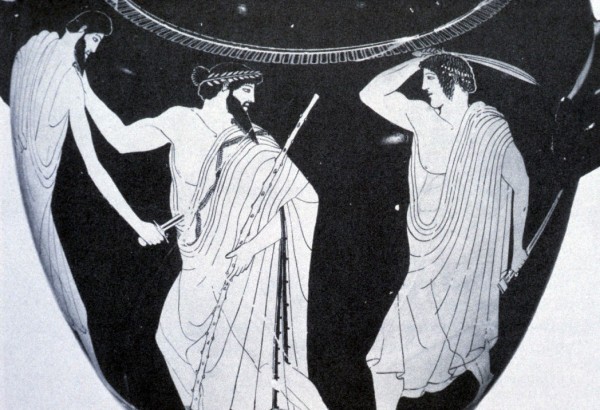
“Then I said truly, Polus that neither you, nor I, nor any man, would rather, do than suffer injustice; for to do injustice is the greater evil of the two.” -Socrates (Gorgias)
“Let me ask a question of you: When you speak of beautiful things,such as bodies, colours, figures, sounds, institutions, do you not call them beautiful in reference to some standard: bodies, for example, are beautiful in proportion as they are useful, or as the sight of them gives pleasure to the spectators; can you give any other account of personal beauty?” -Socrates (Gorgias)
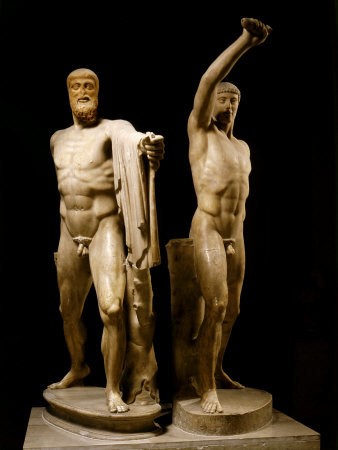
“If a man is detected in an unjust attempt to make himself a tyrant, and when detected is racked, mutilated, has his eyes burned out, and after having had all sorts of great injuries inflicted on him, and having seen his wife and children suffer the like, is at last impaled or tarred and burned alive, will he be happier than if he escape and become a tyrant, and continue all through life doing what he likes and holding the reins of government, the envy and admiration both of citizens and strangers?”-Polus (Gorgias)
It’s Not How You Say It…
“As of right now, you are all philosophers. The days of winning arguments by simply screaming louder than your opponent are over.”
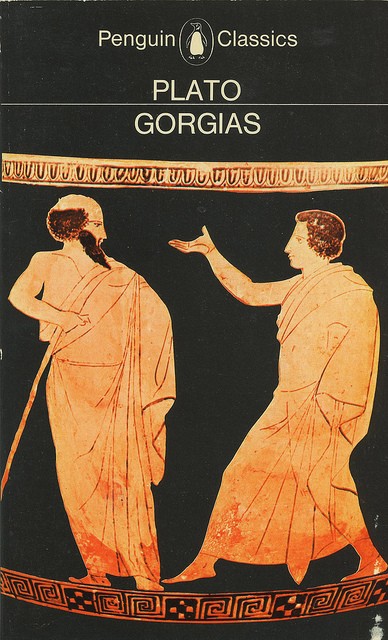 I also don’t refer to myself as a philosopher because, despite what some might think, I never really had any aspirations to pursue philosophy as a career. I considered it for a time. When I expressed this idea to a friend of mine he replied by telling me, “You really ought to do that. It will work out great because they just opened a big philosophy warehouse right down the road.”
I also don’t refer to myself as a philosopher because, despite what some might think, I never really had any aspirations to pursue philosophy as a career. I considered it for a time. When I expressed this idea to a friend of mine he replied by telling me, “You really ought to do that. It will work out great because they just opened a big philosophy warehouse right down the road.”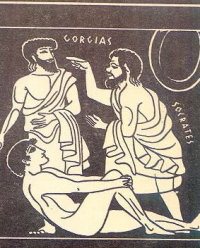
Socrates, the curious kind of guy that he is, begins to question Gorgias on the definition of “rhetoric” and a “rhetorician” . Socrates proposes that if we were to ask for a definition of a physician, we could say that a physician is one who is knowledgeable of the art of medicine and possesses particular skills of healing.
“I answer, Socrates, that rhetoric is the art of persuasion in courts of law and other assemblies, as I was just now saying, and about the just and unjust.” -Gorgias (Plato’s Gorgias)
 We are now getting to the crux of the argument. Socrates asks if there is such a thing as belief and if there is such a thing as knowledge. Gorgias consents that yes, this is true.
We are now getting to the crux of the argument. Socrates asks if there is such a thing as belief and if there is such a thing as knowledge. Gorgias consents that yes, this is true.
“Then rhetoric, as would appear, is the artificer of a persuasion which creates belief about the just and unjust, but gives no instruction about them?” -Socrates (Plato’s Gorgias)

It’s not how you say it, it’s what you say.
The Pursuit Of Virtue: Plato’s “The Meno”
While Plato and Aristotle are often considered to be contrary thinkers, or at the very 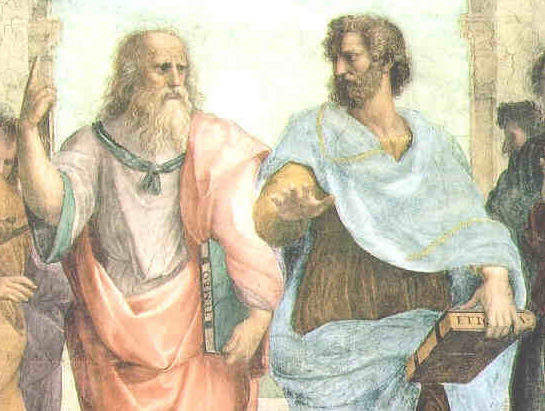 least they were certainly distinct from one another, we might be surprised at just how much they had in common.
least they were certainly distinct from one another, we might be surprised at just how much they had in common.
When faced with the question, “how should I be living?”, they both arrived at the conclusion that a good life and a virtuous life were one in the same.
To be sure, they both certainly expressed this sentiment in their own unique ways. Plato leads us through numerous dialogues in which the hero of Greek philosophy, Socrates,
discusses, refutes, and then constructs a new understanding of human virtue and philosophical enlightenment.
The dialogues wax and wane in the same manner that true conversation would. It all seems to culminate, at least in part, with the illumination of Plato’s theory of Forms
within The Republic. And with an understanding of the Forms comes the tacit suggestion that we ought to spend our lives pursuing the Form of The Good, the highest realization of all goodness.
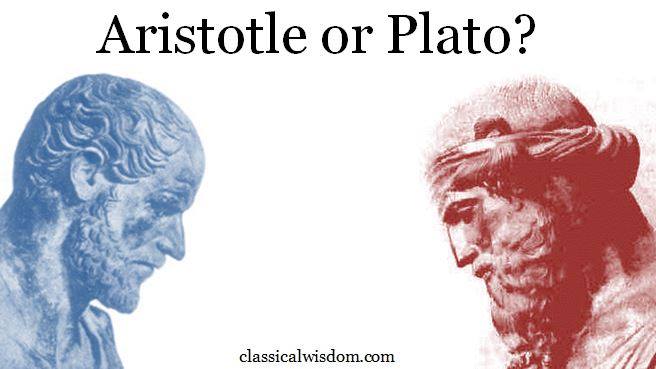
Unlike his teacher, Aristotle seems to think very little of the Forms. He has no time for abstract, cerebral realms of existence. He is concerned with the here and now. The philosopher sets about uncovering philosophy that is verifiable, logical, and immediately applicable.
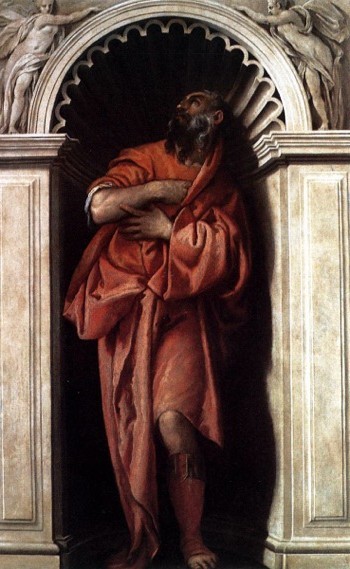 It is in Plato’s dialogue The Meno that the philosopher, through the voice of Socrates, begins to discuss the question of attaining virtue. The opening line of The Meno makes this clear to us…
It is in Plato’s dialogue The Meno that the philosopher, through the voice of Socrates, begins to discuss the question of attaining virtue. The opening line of The Meno makes this clear to us…
“Can you tell me, Socrates, whether virtue is acquired by teaching or by practice; or if neither by teaching nor by practice, then whether it comes to man by nature, or in what other way?” -Plato (Meno)

Socrates seems unimpressed. He tells Meno that there must be some singular ideal of virtue and not merely an inexhaustible list of examples. By dividing the idea of virtue into many splintering definitions, Meno is making many out of one as if he were breaking a plate into many shards.
“If then virtue is a quality of the soul, and is admitted to be profitable, it must be wisdom or prudence, since none of the things of the soul are either profitable or hurtful in themselves, but they are all made profitable or hurtful by the addition of wisdom” -Plato (Meno)
Socrates proposes that perhaps the Sophists,
the wandering lecturers of Greece, are these mysterious teachers. However, this possibility is shot down by Anytus, a newcomer in the dialouge, who considers the Sophists to be conmen and charlatans. He declares…
“I only hope that no friend or kinsman or acquaintance of mine, whether citizen or stranger, will ever be so mad as to allow himself to be corrupted by them; for they are a manifest pest and corrupting influence to those who have to do with them.” -Plato (Meno)
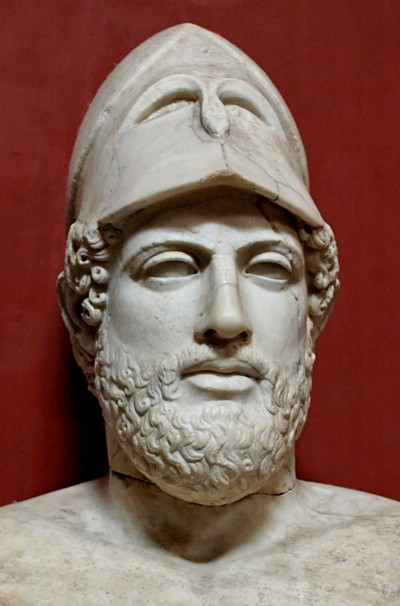 Additionally, if virtue can be taught, then why is it that the great and virtuous men of Greece such as Themistocles, Pericles, and Thucydides all bore sons who were largely considered to be morally corrupt? Certainly if virtue were teachable, then these great leaders would have insured that it be instilled within their children.
Additionally, if virtue can be taught, then why is it that the great and virtuous men of Greece such as Themistocles, Pericles, and Thucydides all bore sons who were largely considered to be morally corrupt? Certainly if virtue were teachable, then these great leaders would have insured that it be instilled within their children.
“But I cannot believe, Socrates, that there are no good men: And if there are, how did they come into existence?”-Plato (Meno)
“And therefore not by any wisdom, and not because they were wise, did Themistocles and those others of whom Anytus spoke govern states. This was the reason why they were unable to make others like themselves—because their virtue was not grounded on knowledge.” -Plato (Meno)
- Y is true
- S believes Y is true, and
- S is justified in believing Y is true
“Then, Meno, the conclusion is that virtue comes to the virtuous by the gift of God.” -Plato (Meno)

